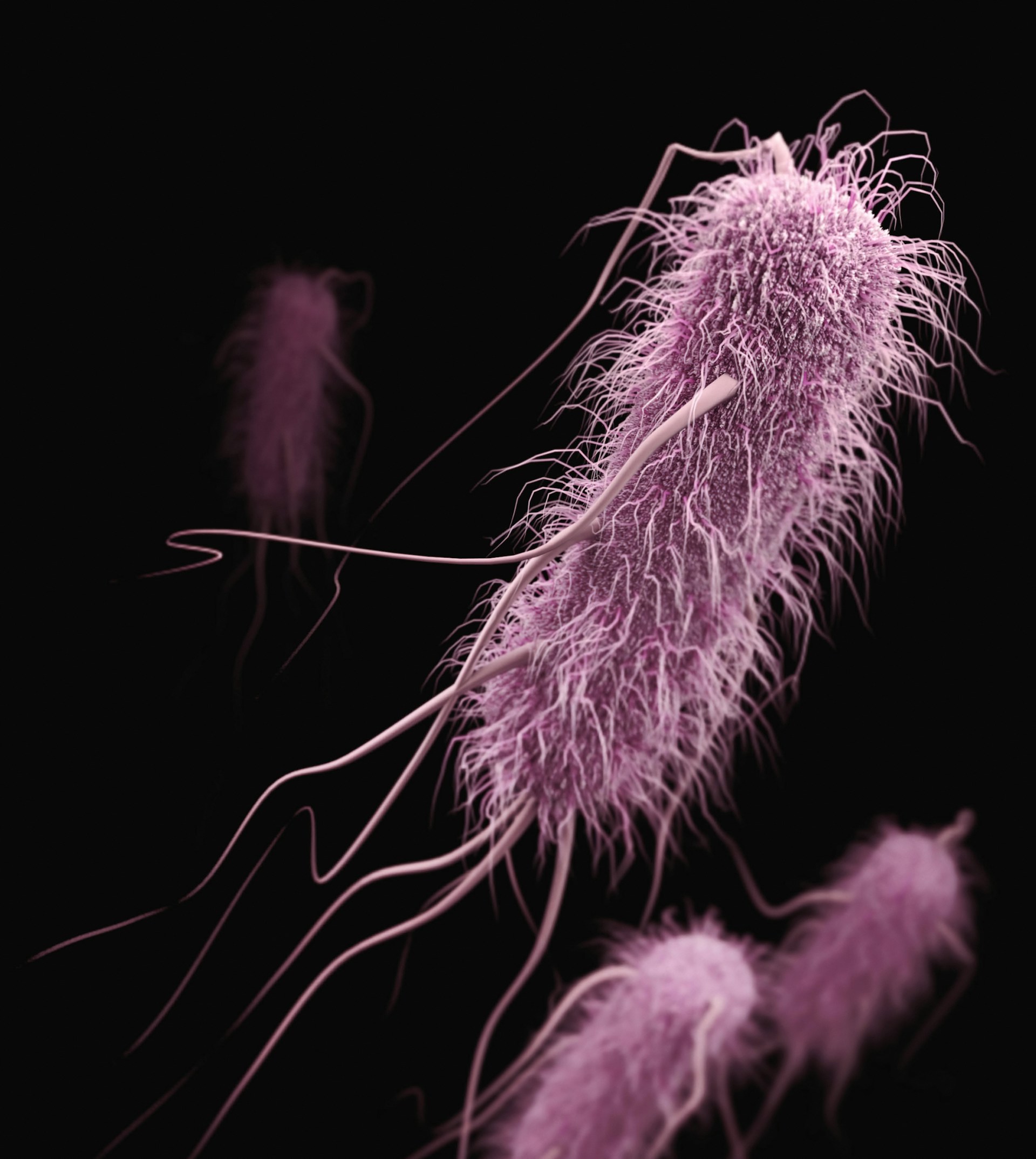Media release
From: Springer NatureEscherichia coli bacteria (E. coli) can convert a molecule derived from a waste plastic bottle into paracetamol, a pain medication also known as acetaminophen, reports a Nature Chemistry paper. The research suggests a potential strategy to upcycle plastic waste into a useful product in a sustainable way.
The plastic waste problem is an ever-growing issue, and developing sustainable ways to upcycle plastic remains a priority. Metabolic engineering — harnessing the network of chemical reactions used in a biological cell to produce desirable molecules — can be combined with organic chemistry to create new small molecules. However, whether these reactions can be combined to upcycle plastic into a useful product is unclear.
Stephen Wallace and colleagues found that a type of chemical reaction called a Lossen rearrangement can take place in living cells, catalysed by phosphate from inside E. coli. This chemical reaction produces a type of nitrogen-containing organic compound that is essential for cellular metabolism. The authors used chemical methods to degrade a polyethylene terephthalate (PET) plastic bottle to produce the starting molecule for the chemical reaction and show that cellular metabolism can then remediate this plastic-derived molecule. They also found that this plastic-derived molecule can be used as a starting material for producing paracetamol in E. coli with a 92% yield.
The findings may present the first instance of paracetamol being produced from E. coli using a waste product. Further research could involve studying how other types of bacteria or plastic may generate useful products.


